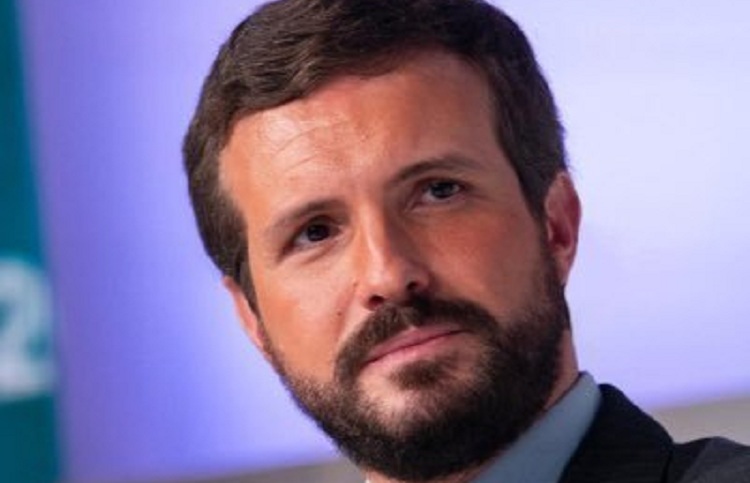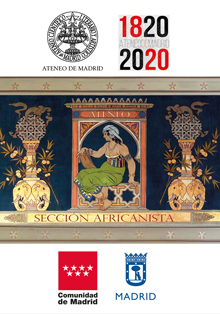Ángel Collado
The call for regional elections in Madrid for 4 May has become a balm for the internal life of the Partido Popular after the disaster in the Catalan elections in February.
The manoeuvre designed by Pedro Sánchez to dislodge the PP from its fiefdoms of regional power by means of motions of censure led to the predictable closing of the ranks of the Popular Party and a postponement of the incipient debate on the leadership of Pablo Casado at the head of the party.
Isabel Díaz Ayuso’s quick reaction of calling the polls in the autonomous region to avoid the socialists’ coup has given the president of his party some breathing space. In Madrid, internal discussions on Casado’s strategy to lead the opposition have ceased. Even the losers of the congress on the succession of Mariano Rajoy are now joining forces to achieve a victory for their leader’s favourite leader, who they know will have to be overwhelming to retain the regional government.
The Catalan elections and the intervention of its president in the campaign left the PP demoralised. Messages about Casado’s mistakes and criticisms of his trusted team began to accumulate in the chat rooms of the most senior leaders, with the secretary general, Teodoro García Egea, at the top of the list. The tight control of the national leadership over the party’s structures prevents any alternative of organised internal opposition, but internal doubts were evident, even outside the circles of former ‘marianistas’.
If Sánchez wanted to seize the moment to give the PP the coup de grace with the censure motions agreed with Ciudadanos, the manoeuvre (first frustrated in Murcia and now pending the ballot box in Madrid) revitalises the PP and its national president for the time being.
Until March, the internal opposition was reduced to the resistance of the president of the Andalusian regional government, Juan Manuel Moreno, to control the provincial organisations in his region from the central headquarters. The fight over Seville made clear the degree of division in the first Andalusian province. Galicia, with Alberto Núñez Feijóo, remains outside any interference from Genoa, as always.
After the start of the electoral pre-campaign in Madrid, with the government of the region with the greatest economic weight in Spain at stake, all sources of dissidence in the PP have been extinguished. Moreno has just certified it with an agreement closed with the national leadership (with García Egea) on the future provincial executives of the rest of Andalusia, where they will not give the spectacle of Seville.
Although it is a gamble for survival, such as bringing forward elections in order not to lose power in Madrid, in Pablo Casado’s team they consider that the elections are also an opportunity to revive the image of their leader. Ayuso was a personal bet of Rajoy’s successor as soon as he became president of the party. Now he wants to profit from this investment, even if he has to admit the autonomy of his chosen one in the campaign after some frictions over the chapter of the signings, such as Toni Cantó.
Casado has to point to Ayuso’s clear success as announced in the polls. But he also has to assume the risks that in the end the PP will not have the necessary majority in Madrid to maintain the government of the Community. And the equation looks more complicated for the party president than for the candidate.
Ayuso will need to achieve an absolute majority with Vox. But Casado also requires it to be with very few seats from Abascal so that the influence of the extreme right in a future Ayuso government is external and irrelevant. And to complicate the prognosis, the worst thing for the PP would be for its competition on the right to improve its results of two years ago to the point of making the opposite possible: that of the left-wing bloc.







